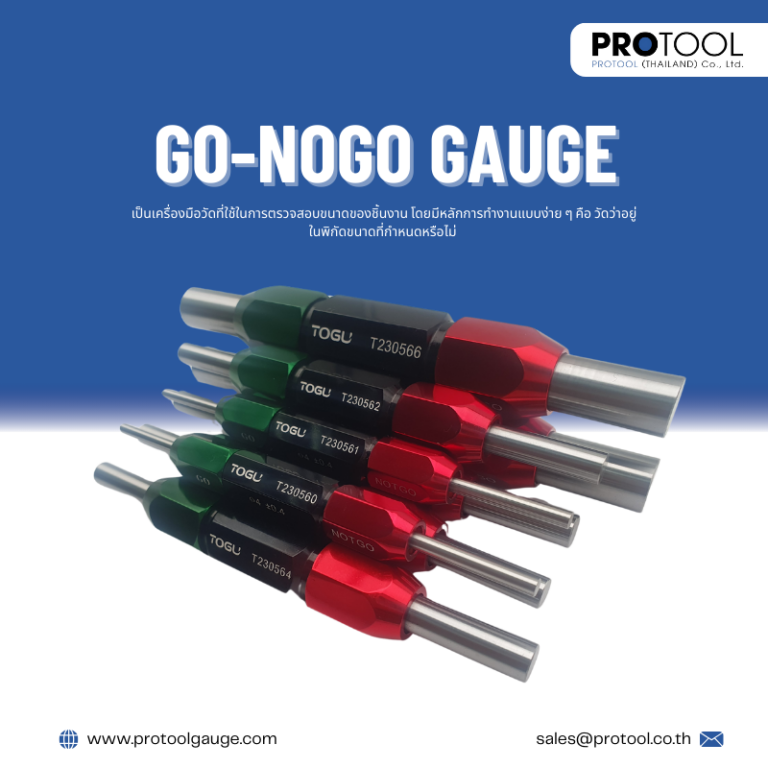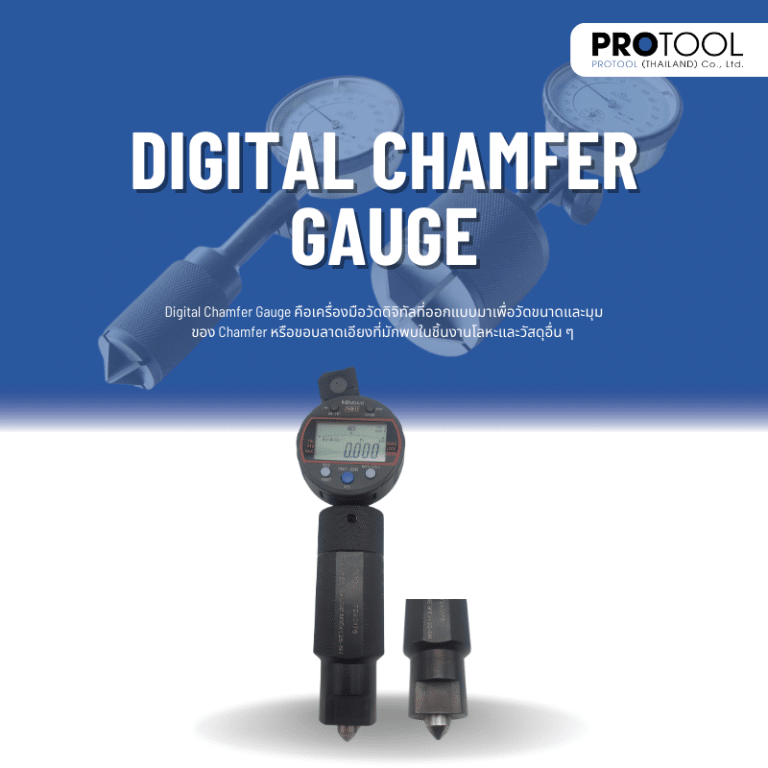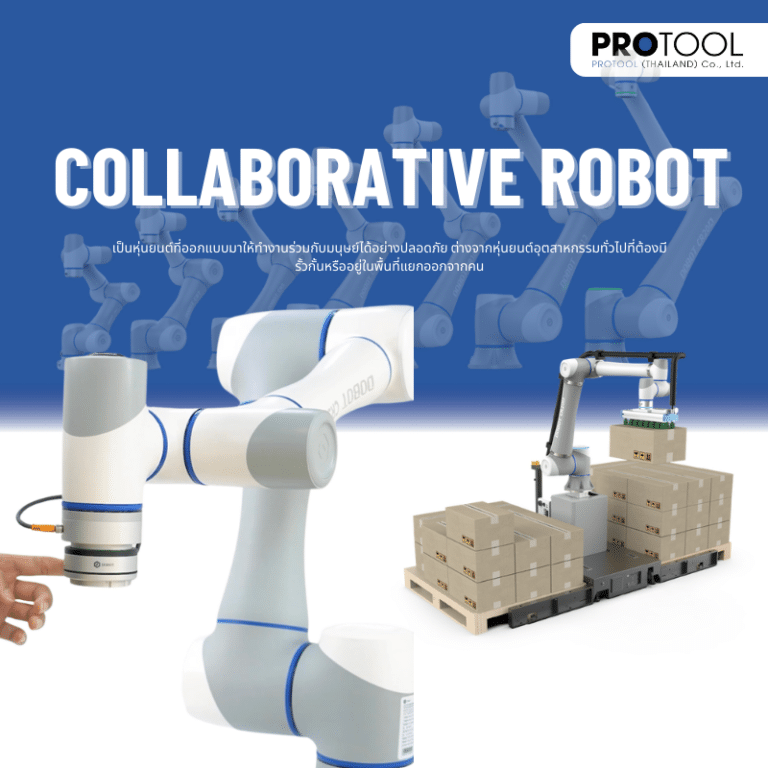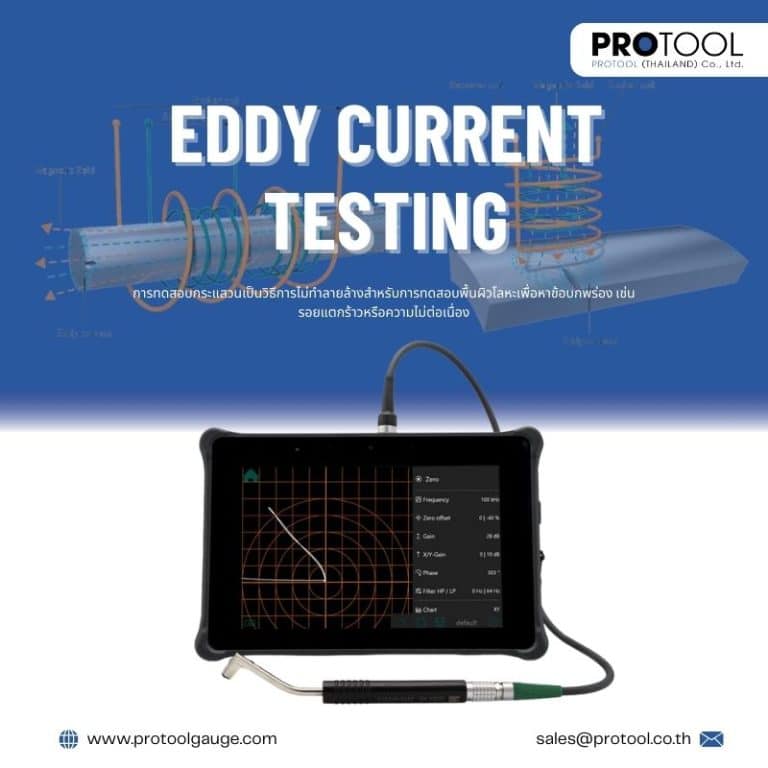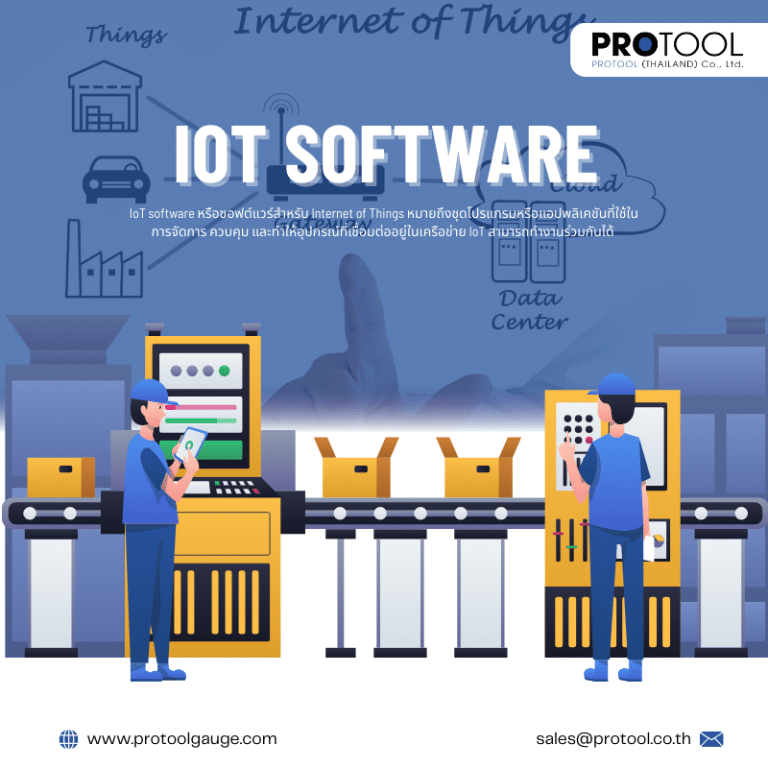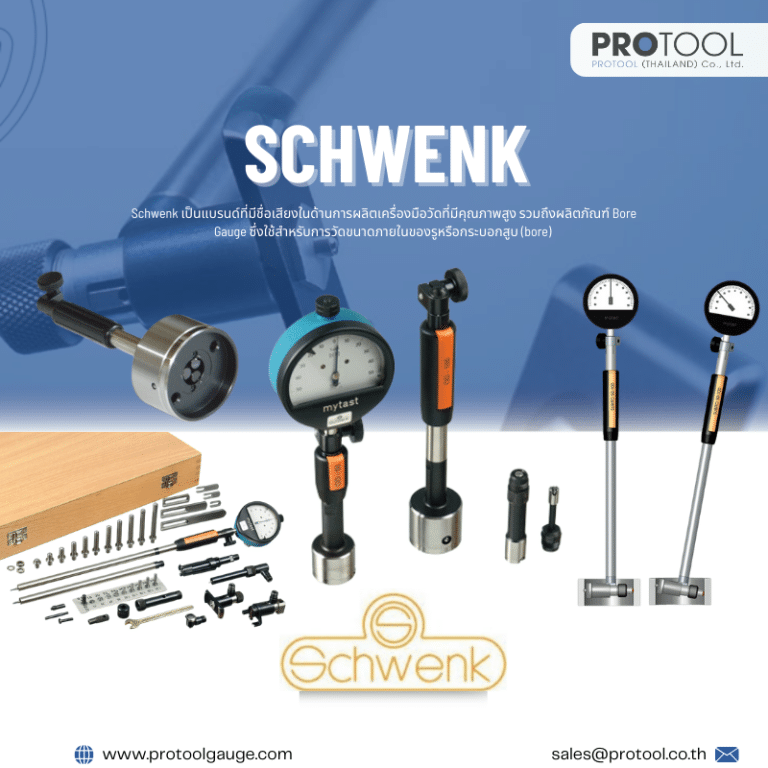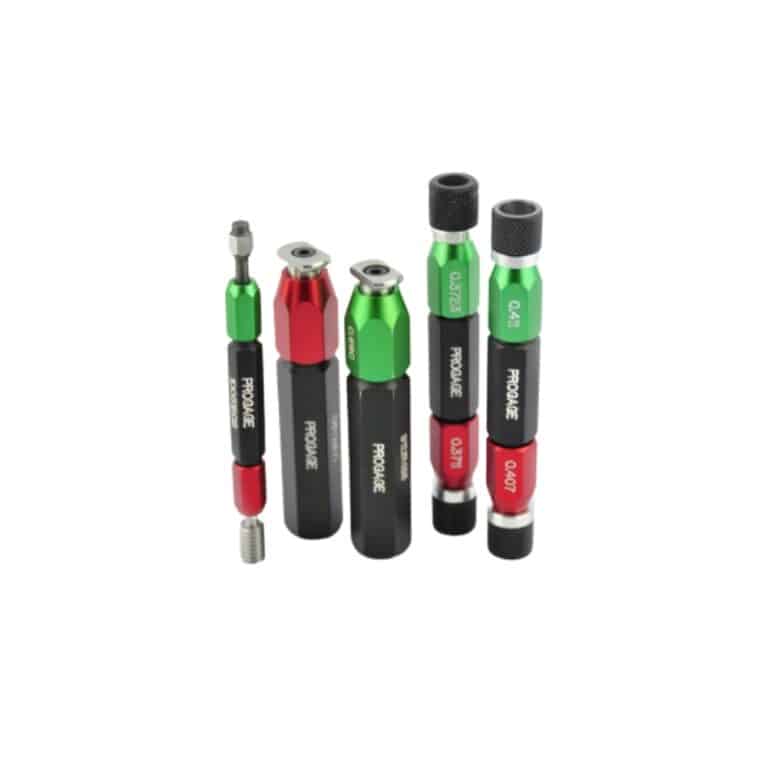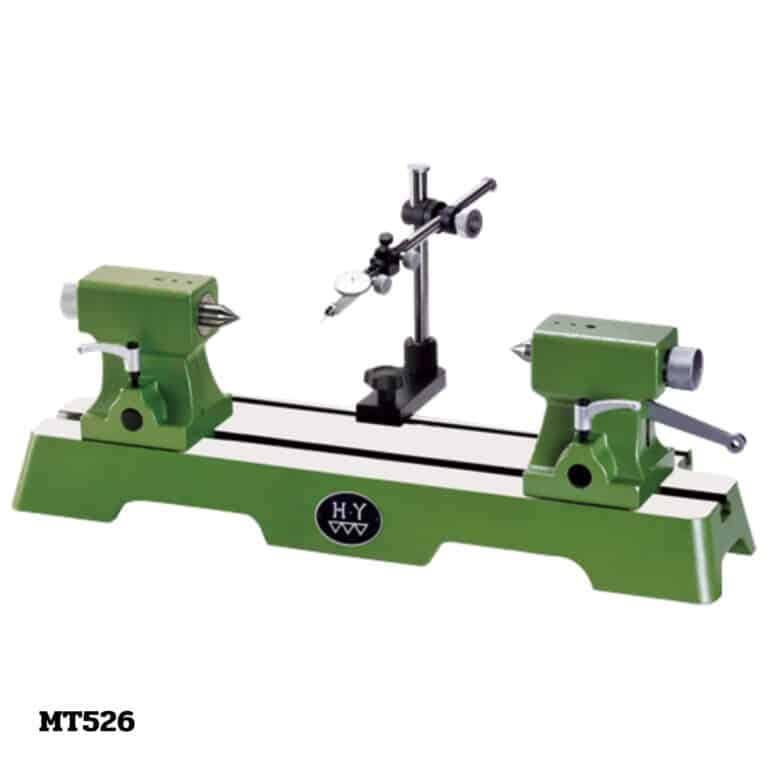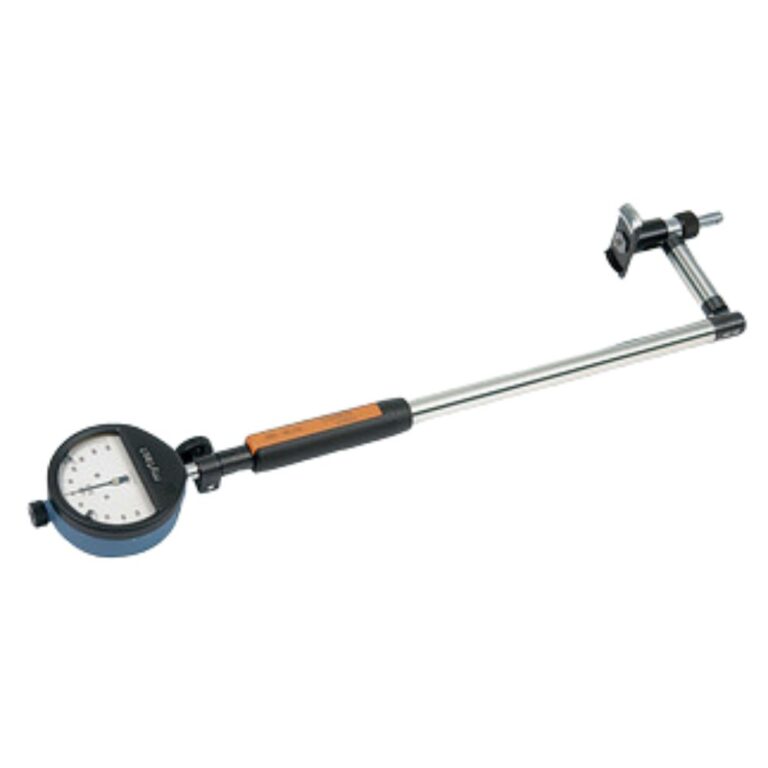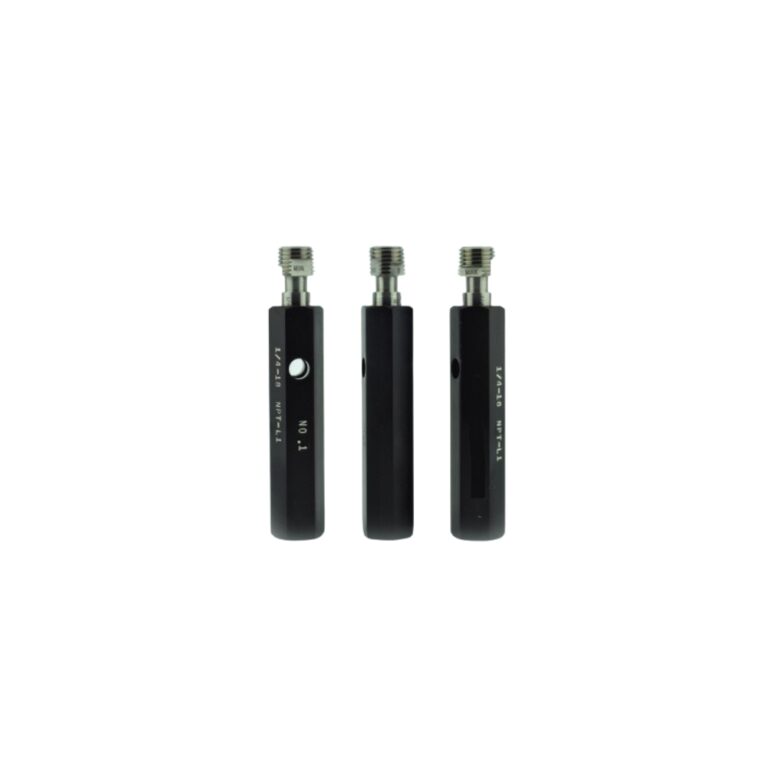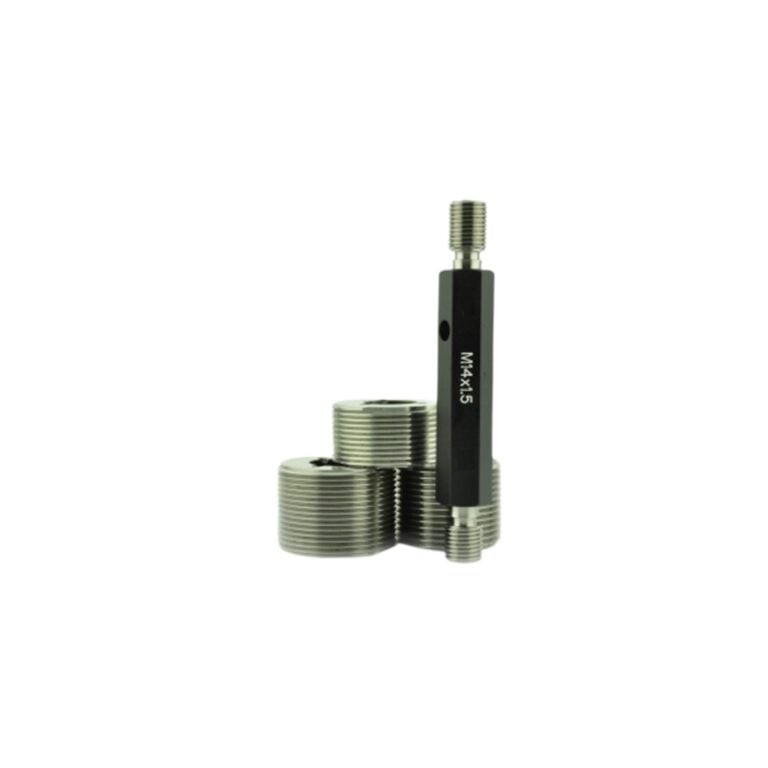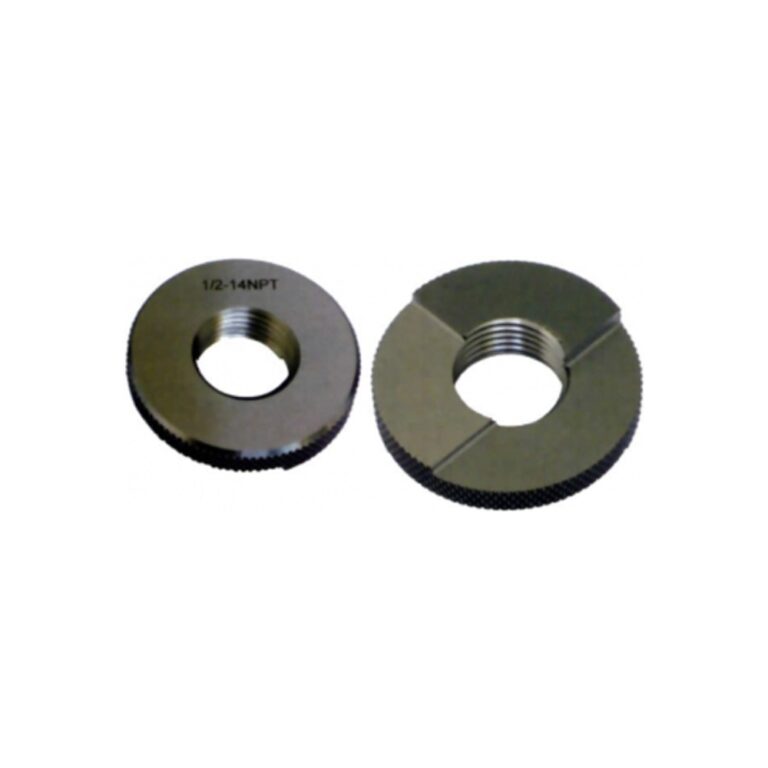MES Software: Enhancing Manufacturing Efficiency
Manufacturing Execution Systems (MES) software plays a crucial role in modern manufacturing, acting as the bridge between the shop floor and enterprise-level systems. By tracking and controlling the manufacturing process in real-time, MES software enables manufacturers to optimize production, improve quality, and enhance overall efficiency. Here’s a detailed look at what MES software is and why it’s essential for today’s industries:
What is MES Software?
MES software is designed to monitor and manage the entire production lifecycle, from raw materials to finished goods. It provides real-time data on production status, machine performance, and operator efficiency, allowing for better decision-making and process optimization. MES integrates with various systems, including ERP (Enterprise Resource Planning), to ensure smooth communication across departments.
Key Features of MES Software:
- Real-time Monitoring: Tracks the status of machines, materials, and labor in real time.
- Production Scheduling: Helps manufacturers plan and allocate resources effectively.
- Quality Control: Monitors quality standards throughout the production process, reducing errors.
- Data Collection: Collects and analyzes data to identify trends, inefficiencies, and areas for improvement.
- Inventory Management: Provides insights into raw material consumption and finished goods.
Benefits of MES Software:
- Increased Efficiency: By providing real-time data and automated workflows, MES reduces downtime and optimizes production.
- Improved Product Quality: MES helps in maintaining consistent quality standards by tracking each step of production.
- Cost Reduction: With better resource management and process control, MES can reduce waste and improve cost efficiency.
- Regulatory Compliance: For industries with strict regulations (e.g., pharmaceuticals, automotive), MES ensures that all production processes comply with standards.
MES Software in Industry 4.0
In the era of Industry 4.0, MES software is essential for smart manufacturing. With IoT (Internet of Things) and AI integration, MES can automate decision-making and predictive maintenance, further boosting efficiency and innovation on the production floor.

